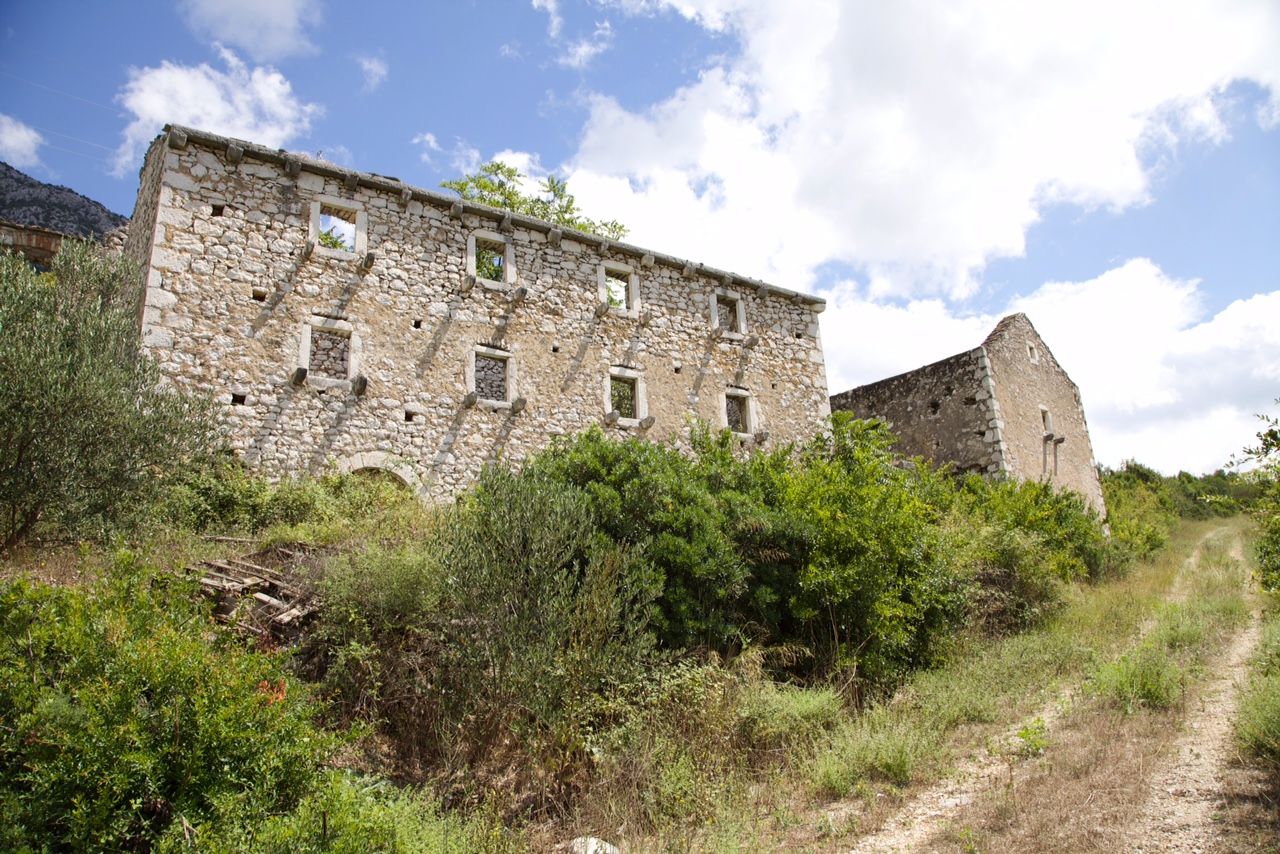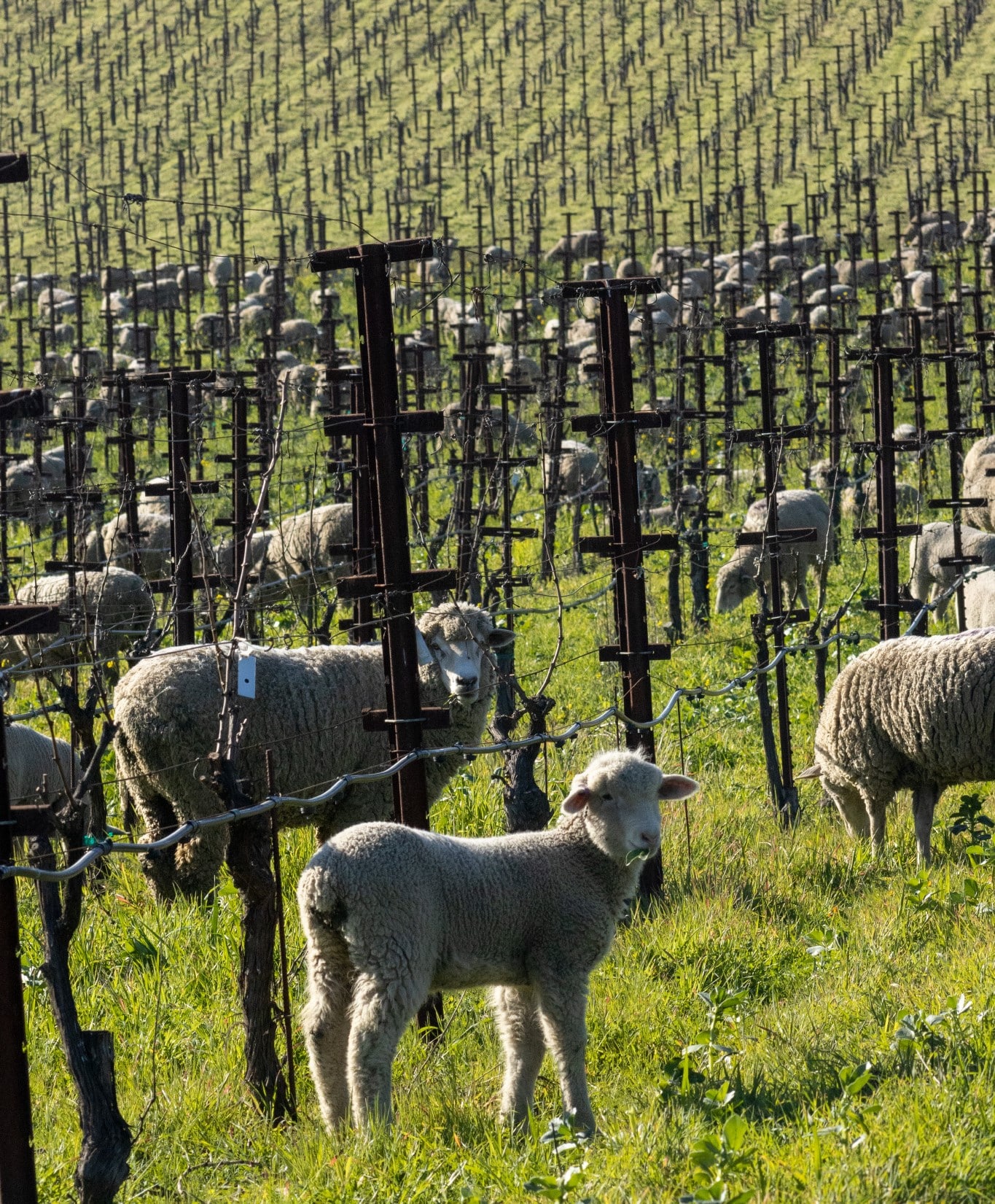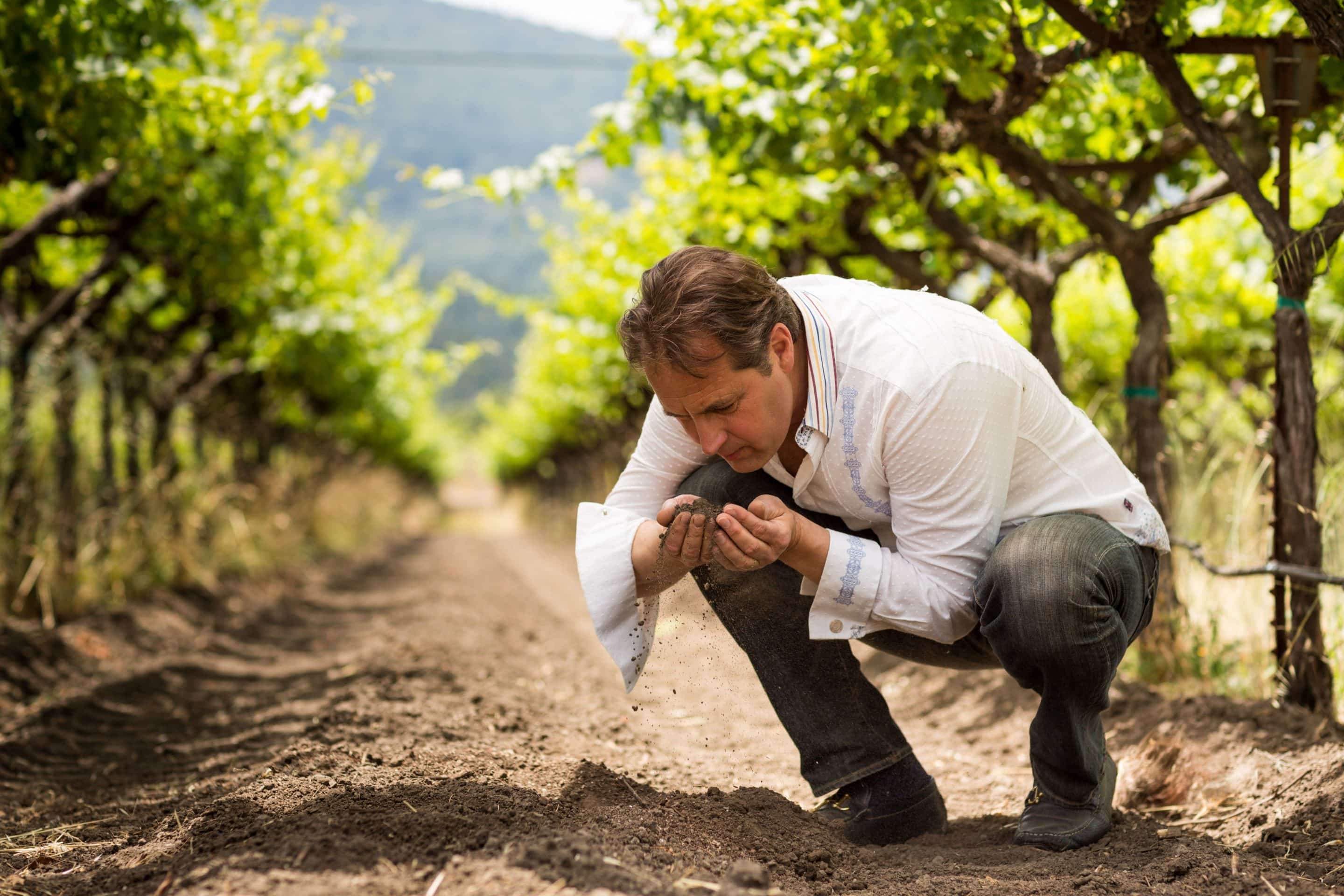What is Regenerative Farming?
Long before he became a legendary winemaker in Napa, Miljenko ‘Mike’ Grgich was part of a modest family of farmers in the village of Desne, Croatia. The Grgiches of Croatia had practiced farming for generations. All that they grew- corn, wheat, and, of course, grapes- were used to nourish their family of thirteen. As one may guess, those grapes were not for eating; instead, the Grgich family stomped them into juice and created wine. Their growing and production practices reflected the simple life they led- their small village didn’t have access to synthetic fertilizers or pesticides, so they utilized what was naturally occurring in their environment instead.


Mike Grgich’s journey to winemaking success was based solidly on these traditions, many of which are being carried on in Grgich Hills Estate. Ivo Jeramaz, Mike’s nephew and fellow Croatian expatriate, also grew up utilizing these natural farming practices in his own family’s garden. As vineyard manager and head winemaker for Grgich Hills, Ivo has endeavored to implement a regenerative approach to farming, a style that reflects those family roots in Croatia.

In a world where a wide variety of farming styles are practiced and the distinctions between them are often not well explained, it is not surprising that many people have the same question: What is regenerative farming? The notion of regenerative farming is, paradoxically, both innovative and traditional. The basic tenets are very similar to those practiced by subsistence farmers throughout human history but have been mainly abandoned in mainstream agriculture. It focuses on the diversity and health of microbes, microscopic organisms that live in soil, that transform soil materials into nutrients for plants. Though Croatian farmers didn’t realize it back then, their agricultural practices- including no-till agriculture, dry farming, and natural land management- were supporting microbial sustainability.
A message from Ivo
“It’s really come full circle for me,” reflects Ivo, “All that I’ve experienced, from farming in Croatia as a boy, to my academic studies, to the organic farming practiced at Grgich Hills Estate, all have led to regenerative agriculture. A big part of this practice, besides use of science and advanced technology, is the farmer’s re-connecting with the land and the environment and seeing clearly what’s going on in the soil on the microbial level. It has helped me to see a vineyard as a total system, a living organism.”

